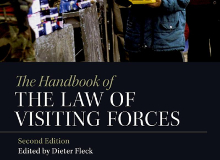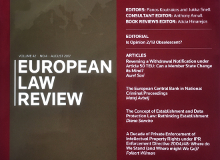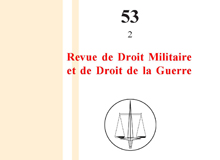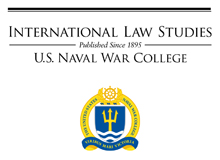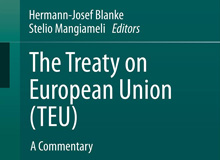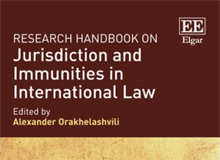
The presence of foreign troops in the territory of another State raises a range of legal questions. Foremost amongst these are questions of status: what jurisdictional privileges and immunities from local jurisdiction do foreign forces enjoy in another State? International law does not provide a straightforward answer to this question. No overarching legal framework has developed in international law to regulate the legal position of foreign armed forces in a comprehensive manner. The objectives pursued by foreign military deployments and their operational environments are too diverse. The legal framework governing the presence of foreign armed forces is therefore multifaceted and will remain so for the foreseeable future.
Unsurprisingly, this creates uncertainty as to the position of customary international law in this area, reinforcing the preference of States and international organizations to define the status of foreign troops by way of tailor-made international agreements. However, international practice recognizes that the unique composition, responsibilities and nature of the armed forces raise special legal and practical considerations. This is reflected both in customary international law and in international treaty practice.


